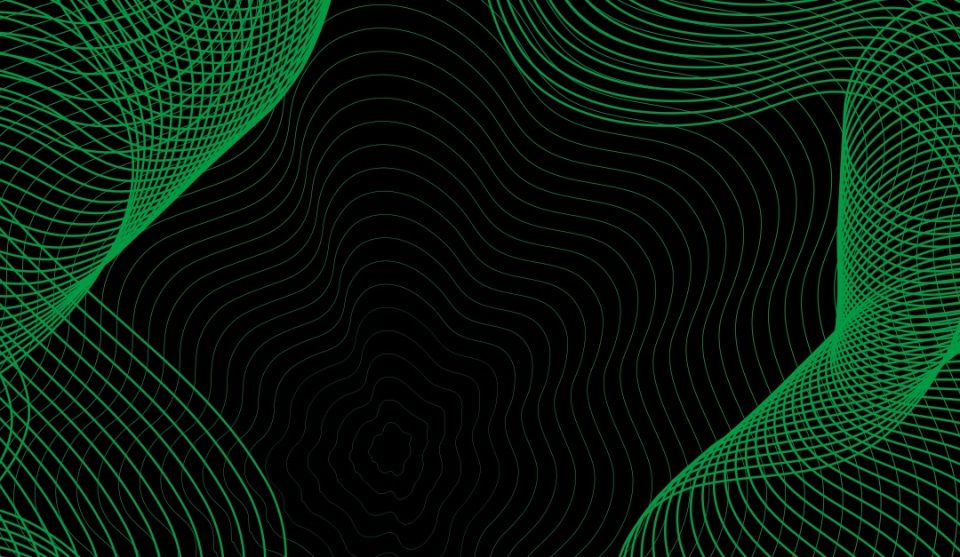About the author
Vishal Dattani is a trainee trade mark attorney. Vishal’s background in law means that he can decipher the key legal components in potentially complex situations. He is therefore able to raise issues, identify opportunities and offer creative solutions in an objective way.
Vishal works with a variety of clients ranging from SMEs to large corporations across a range of sectors, including food & beverage start-ups to large fashion retailers.
On 6 April 2022, after a high-stakes, eleven day trial, the High Court of England and Wales declared that Ed Sheeran, singer/songwriter, did not infringe copyright relating to the song “Oh Why” by Sami Chokri.1 The allegation that Ed Sheeran copied the catchy parts of “Oh Why” was therefore dismissed by the Court.
Background
Grime artist Sami Chokri and his co-writer, Ross O’Donoghue (‘the Defendants’), alleged that the post-chorus section of Ed Sheeran’s song “Shape of You” (“Oh I, Oh I, Oh I, Oh I”, referred to hereafter as the ‘OI Phrase’), was copied from the hook of the Defendants’ song, “Oh Why” (referred to hereafter as the ‘OW Hook’).
To clear his name, Sheeran, et al (‘the Claimants’), sought to prove that his work was original, and that it “…originated from sources other than ‘Oh Why’.” Unusually, the Claimants pre-emptively sued the Defendants in 2018, seeking a declaration that the Claimants had not infringed copyright in the OW Hook. The Defendants counterclaimed, asserting that the central part of “Oh Why” had been copied, and thus, their copyright had been infringed.
Potential impacts of the dispute were substantial, as Sheeran’s “Shape of You” was the U.K.’s best-selling song in 2017, is Spotify’s most-ever streamed song with over three billion plays and has more than 5.6 billion views on YouTube, as of April 2022.
Due to the dispute, since 2018, around ten percent of payments otherwise due to the Claimants (including around GBP 2.2m in royalties) have been frozen.
The applicable law
Under U.K. law, copyright arises automatically when an original literary, dramatic, musical or artistic work is recorded.2 The work must be original in the sense that it is the “…author’s own intellectual creation”3. The threshold is low. The copyright owner has the exclusive right to reproduce a substantial part of the work.
Infringement is found where a “substantial part” of the work has been copied. This is a qualitative test, so, if an important aspect or portion of the work has been copied (no matter how small), there may be a case for infringement.
In music cases particularly, the sounds are more important than the notes.4
The key dispute and issues
The parties agreed that the Defendants have copyright in their song “Oh Why”. At issue however, was whether the Claimants had copied a “substantial part” of the OW Hook by using the OI Phrase. The Defendants needed to establish this in order for their counterclaim to succeed.
As tens of thousands of new songs are uploaded to the internet daily, an allegation of copyright infringement is a question of fact and degree, specifically, “…whether the extent of the alleged infringer’s access to the original work, combined with the extent of the similarities, raises a sufficient possibility of copying.” 5
If conscious copying is shown, then the evidential burden of proving copying has taken place shifts to the person alleging infringement (i.e., the Defendants in this case). On the other hand, there is rarely, if ever, direct evidence of subconscious copying so it is necessary to reach a conclusion based on inferences from other evidence.
The Defendants alleged that Ed Sheeran had access to “Oh Why” via numerous channels and, as a result, whether consciously or unconsciously, reproduced a “substantial part” of the OW Hook in writing the OI Phrase in the “Shape of You”.
The Court subsequently considered the following factors before making its decision:
1) The similarities and differences between the two works, and the significance of those similarities and differences.
2) The likelihood that Ed Sheeran had access to “Oh Why”.
3) The Claimants’ propensity to copy and conceal, including similar fact evidence.
4) The Defendants’ criticisms of Mr Sheeran’s evidence.
Decision
After considering submissions from counsel and evidence given by forensic musicologists and witnesses, the High Court ruled that Sheeran had not, as a matter of fact, heard “Oh Why” and, in any event, did not deliberately copy the OI Phrase from the OW Hook.
The Judge concluded:
- There were similarities, but also significant differences, between the OW Hook and the OI Phrase.
- Analysing the musical elements of “Shape of You” broadly (for example, considering the writing process and the evolution of the OI Phrase), there was compelling evidence to show that the OI Phrase originated from sources other than “Oh Why”.
- In relation to the alleged copying, the Court could not concretely find that Ed Sheeran accessed, either on his own or if someone else showed him, the “Oh Why” song.
- Since the Defendants failed to establish that Mr Sheeran copied the OI Phrase, the evidential burden did not shift because the evidence of similarities and access to the song was insufficient overall to prove copying, whether conscious or subconscious.
Conclusion
This ruling does not come as a surprise. It is notoriously challenging for songwriters to prove copyright infringement unless direct evidence of copying is produced, including access to the copyrighted work. Subconscious copying would’ve been harder to prove, especially in relation to such a small part of the song.
If “Oh I” featured prominently in “Shape of You” throughout the song (rather than just the post-chorus section) or if it was somehow proven that “Oh I” was a ‘substantial part’ of the song, then copyright infringement could’ve been established.
Read the decision here: Sheeran & Ors v Chokri & Ors [2022] EWHC 827 (Ch) (06 April 2022) (bailii.org)
Citations:
[1] Ed Sheeran v Sami Chokri [2022] EWHC 827 (Ch)
[1] Copyright, Designs and Patents Act 1988 (CDPA)
[1] Infopaq International A/S v Danske Dagblades Forening [2009] ECR I-6569 [37]
[1] Copinger and Skone James on Copyright (18th ed) at [3-125]
[1] Ed Sheeran v Sami Chokri [2022] EWHC 827 (Ch), para 25

Vishal Dattani
View bio

















